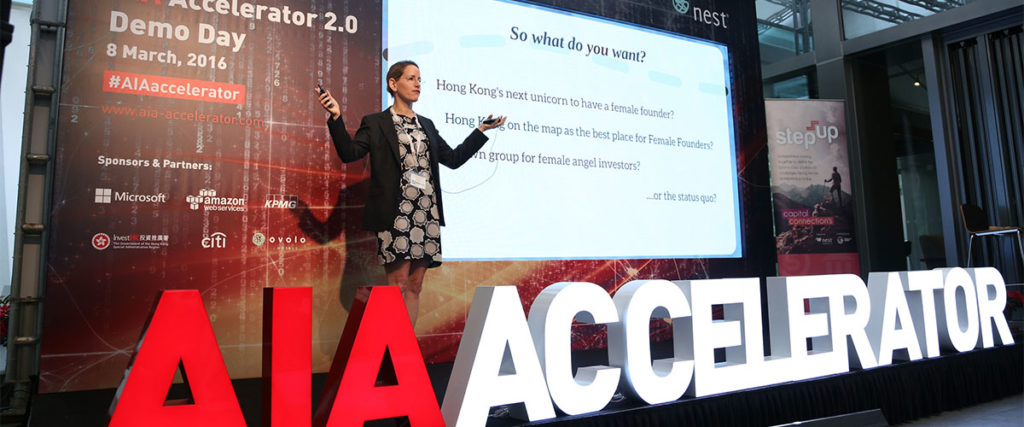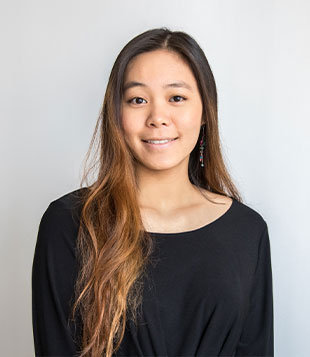Former Financial Times Director Diana Wu David opens up about how her best friend’s suicide reshaped her priorities in work, life and parenting – and what we’re doing wrong in today’s fast-paced world.
We’ve all done it – burnt ourselves out to land that coveted promotion or resigned ourselves to a few more months in a job we secretly hate. But, for former Financial Times Director Diana Wu David, TEDx speaker and Amazon bestselling author of Future Proof: Reinventing Work in an Age of Acceleration, her reality came crashing down the day her best friend took her own life. An MBA graduate who started out in New York working for Henry Kissinger, she moved on to management consulting at PWC, and now sits on the Advisory Board of NEST Hong Kong as well as lectures on leadership at Columbia, London Business School and The University of Hong Kong, Diana has pushed herself above and beyond time and time again to make a name for herself professionally. Yet, as someone who’s ‘made it’ in more ways than one, she is now determined to share how the loss of her best friend made her deeply reevaluate the personal sacrifices she’s made along the way, opening people’s eyes to an alternative view of work, success and personal growth.
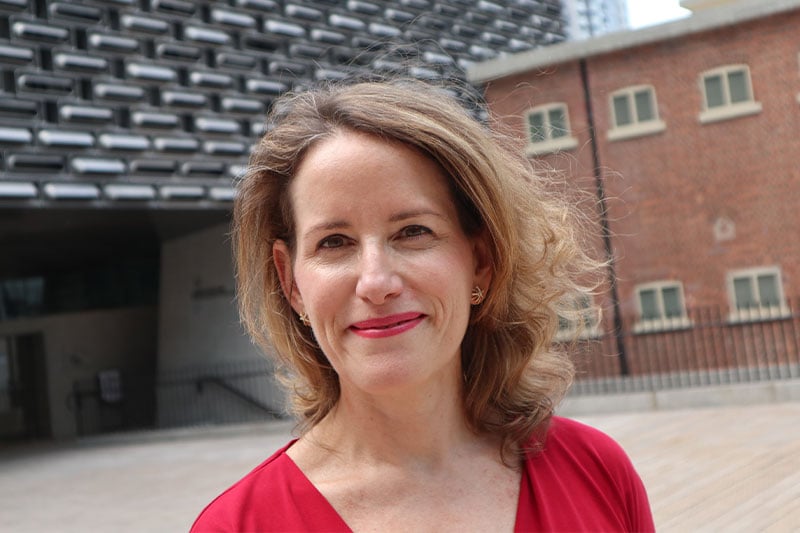
Imagine you’ve got that job at Goldman Sachs. You’ve just put down the down payment on your 3-bedroom dream house. You’re successful in every sense of the word. But, for many at the top of their professional tree, the culmination of decades of hard work just isn’t the holy grail they were promised. “A lot of these people are asking, ‘So, is this it? What’s next? How do I keep up with my career? Things are moving so fast,’” Diana relates, recalling her experiences teaching the Financial Times’s Non-Executive Directors’ Diploma. “I think it really hit a nerve because these people didn’t feel like they’d gotten what they’d expected. Maybe they’re going to live for so much longer and they don’t even have a plan for retirement. Or, for people who are younger, they might feel like, ‘Oh my God, I’m going to work for 60 years. I don’t want to be sprinting the whole way. I just can’t do it.’”
Having worked for over a decade in Hong Kong, a city infamous for its punishing 60-hour weeks, Diana Wu David knows a thing or two about burnout. But when her best friend committed suicide, it made her stop and reevaluate how being on the career treadmill had shaped her life – and not necessarily for the better. “After she took her own life, I thought, ‘Wow, we’re only going to get one life,’” Diana says. “There was the sense that I needed to do all the things that I’d kept putting off. So, I do all those things now.”
She’s interviewed 100 people who are exploring new ways to work and become an Amazon bestselling author along the way. “The recurring themes were disrupting yourself either when you’ve gotten to the top, or even before when you’ve stopped learning, by finding new ideas and activities to feed your growth, and thinking about all the different facets of what you do and how they can apply in different situations,” she explains. It’s all about perspective: “The people who are really successful don’t just think of themselves as ‘I’m an accountant at a famous bank.’” Reimagining the notion of a career where you work your way up the ladder at the same firm for 30 years, she believes that a flexible mindset, paired with transferable skills and the willingness to transition between roles, companies, and even industries will become the norm in future workplaces.
You might also like An Entrepreneur’s Guide to Surviving Failure
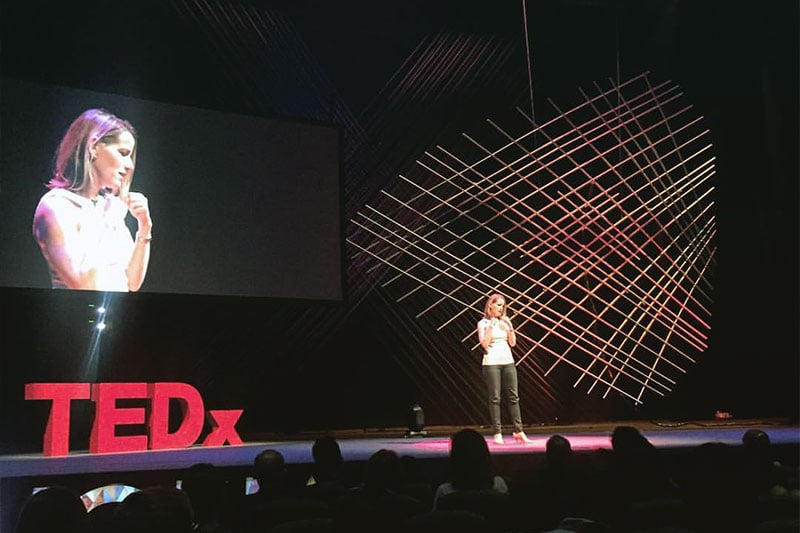
When it comes to determining a career path, Diana believes that the work climate has shifted towards more acceptance of experimentation, especially early on, a process crucial to discovering where an individual’s interests lie. “Most people might not know what their specific goals are, but most of them know what they’re interested in broadly,” she says. “Someone could dedicate three months to volunteering and then think, ‘Do I like being in an NGO? Is this something I want to go further in? What’s the next test that would allow me to understand that?’”
Advocating continual development, both professionally and personally, she stresses that growth should be balanced against emotional wellness to avoid burnout. “With our new longevity, it’s about doing things over time. And I think that pressure to do everything all at once is part of the thing that makes people fear missing out,” she relates. “We’re all excited when we start something new. But sometimes you have to be really honest about whether you’re still adding value. At some point, you just have to say, ‘Look, I’m not really providing you value. You’re not giving any value to me. Let’s just stop for now.’”
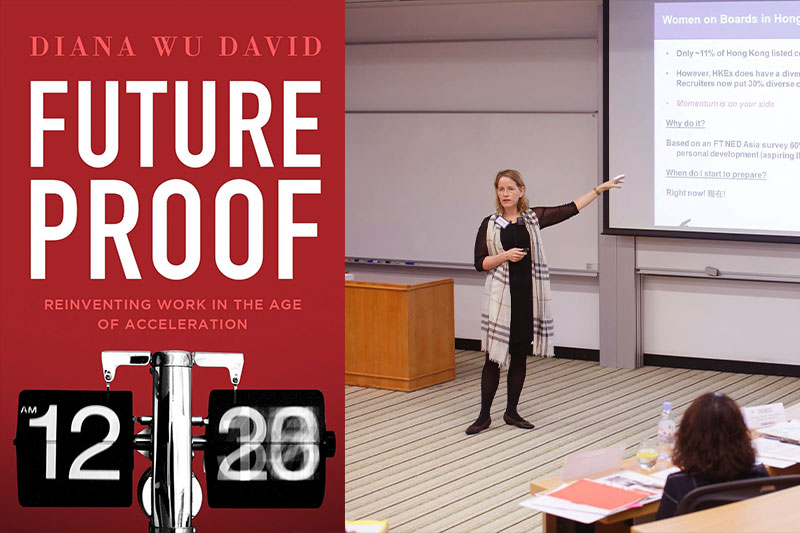
Flexibility is the buzzword of the future, according to Diana, heralding an age of remote working, flexible working hours and greater mobility between companies. “I think the workplace needs to be more oriented towards people’s larger success beyond just the work hours they provide,” she says. Speaking to a younger generation who have just entered the workforce, she advises, “Pace yourself, be broad in your networking, and look for opportunities to develop yourself. Professional development is a real asset that will pay off later as opposed to just doing a job.”
As for herself, she hopes to continue to strengthen a community of people who are future-proofing their careers. As the Founder and CEO of Sarana Capital, a grassroots initiative in Hong Kong driving education and reshaping the future of work, she’s prioritised learning. “Originally, this was really focused on people at corporates looking at their encore careers. Maybe they’ll end up at a startup, or they’ll decide to continue working in their current company, but start developing a brand and a story that they can take forward to boards or teaching. I hope that through this, people can form their own strategic networks and really start to help each other.”
Related Articles
One Man’s Journey: Changing How We Talk About Men’s Mental Health
